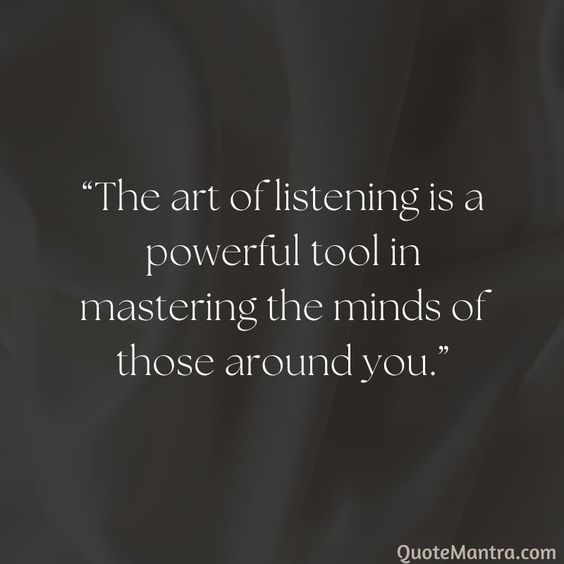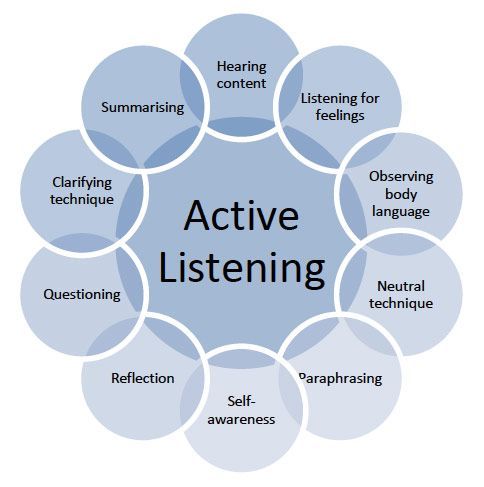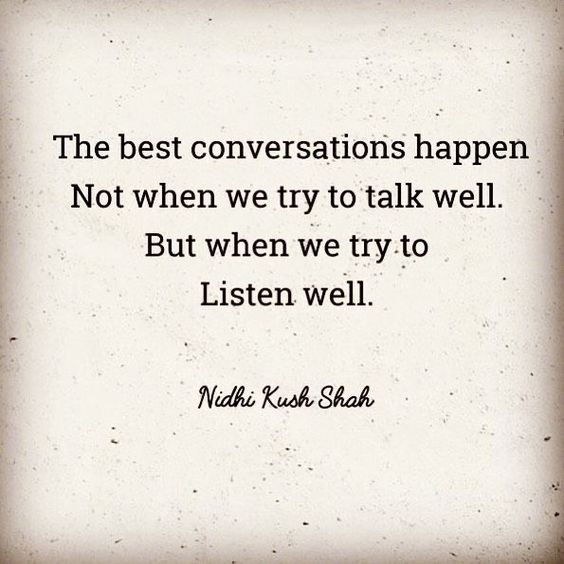Being a parent is one of the most rewarding experiences life can offer. But let’s be real: to be a good parent can also be incredibly challenging.
From diaper duty to teenage drama, every stage brings new adventures and new frustrations. But no matter what age your kids are, there’s one parenting superpower that always stays relevant—listening.
Not the “nodding along while checking your phone” kind of listening.
We’re talking about really listening. The kind of listening that builds trust, nurtures emotional well-being and strengthens the bond between you and your child.
It’s an art form—one that takes time, patience, and practice. But once you’ve mastered it, you’ll see the incredible difference it makes in your relationship with your child.
Why Listening Matters
Most of the best books for parents to be insist on developing the listening skill. Kids need to feel heard. It sounds so simple, but the impact of this is enormous.
When children feel that their thoughts, feelings, and experiences matter to their parents, it boosts their confidence and emotional health.
It helps them feel valued, understood and loved—especially when things aren’t going so well.
When we listen to our kids, we’re not just hearing words.
We’re opening a window into their world, letting them know that no matter what’s happening—whether they’re scared, angry, confused, or just plain excited—we’re there for them.
It’s easy to think of parenting as guiding or disciplining, but sometimes, the best way to guide is to simply listen.

The Pitfalls of Not Listening
Let’s flip the script for a second. Think back to a time when someone wasn’t really listening to you—whether it was a partner, friend, or colleague. Annoying, right?
It can make you feel unimportant, dismissed, or even angry.
Now imagine being a child, with big feelings and fewer words to express them. If you constantly feel brushed aside or unheard, you might stop trying to communicate altogether.
The same thing happens with our kids when we’re too distracted or dismissive. They may stop sharing their thoughts or feelings with us, which leads to disconnect and misunderstandings.
If we aren’t careful, the “I’m too busy” or “you’re overreacting” responses can create emotional distance.
And before we know it, our kids might start bottling things up—or worse, turning to others for advice or comfort when they feel they can’t get it from us.
That’s a slippery slope, and it’s tough to fix once it starts.
The Power of Active Listening
So, how do we listen in a way that really makes a difference? It’s all about active listening. It’s one of the ultimate tips to be a good parent.
On top of that, active listening is a beautiful form of meditation as well and helps grow your conscious side.
This means being fully present, showing empathy, and engaging with what your child is saying—whether it’s a simple observation or a deep, emotional confession.

Here are a few tips to master the art of active listening:
1. Give Your Full Attention
We live in a world of distractions—phones, work, endless to-do lists. But when your child is trying to communicate, put it all aside. Turn off the TV, put down your phone, and face them.
Let them know that they are your priority in that moment. Your undivided attention is a clear signal that you value what they have to say.
2. Be Patient with the Silence
Kids, especially younger ones, may need time to gather their thoughts before speaking. Resist the urge to fill the silence with your own words or suggestions.
Give them space to express themselves. Sometimes, all they need is a few seconds to find the right words, and jumping in too quickly can shut down the conversation.

3. Listen Without Judgment
We’ve all been there—our child tells us something and our immediate reaction is, “That’s silly!” or “Why would you do that?” But judgmental comments, even well-intentioned ones, can make kids feel unsafe or embarrassed to share their thoughts.
Instead of rushing to correct or criticize, listen with an open mind. Show empathy by saying things like, “I can see why you’d feel that way” or “That sounds really tough.”
4. Reflect and Clarify
This one’s key to becoming a good parent!
After your child speaks, repeat back what you think they’re saying to make sure you understand. For example, “It sounds like you’re really frustrated about what happened at school today.”
This not only shows that you’re paying attention, but it also helps your child feel validated and opens the door for them to clarify or elaborate.
5. Ask Open-Ended Questions
Encourage deeper conversation by asking questions that require more than a yes or no answer. Instead of, “Did you have a good day?” try, “What was the best part of your day?” or “How did you feel about that?”
These kinds of questions help children open up and reflect on their experiences.

The Long-Term Benefits of Being a Good Listener
If you often find yourself looking up, “How Can I Be a Good Parent?” Well, I say, be a good listener!
When you practice the art of listening, the benefits stretch far beyond just the moment. You’re building a strong, trusting relationship that will serve you both as your child grows.
When your kids know that they can come to you with anything, big or small, they’re more likely to turn to you for advice, comfort, and support when they really need it.
This is especially important as your child becomes a teenager and starts facing more complex challenges.
The foundation of trust and open communication that you’ve built through listening will be the bedrock of your relationship during those more difficult years.

Final Thoughts
Listening is, no doubt, one of the best ways to be a great parent. However, it isn’t always easy, especially in the hustle and bustle of daily life.
But remember: it’s not about getting it right every time. It’s about making an effort, being present, and showing your kids that they matter.
Mastering the art of listening takes practice, but it’s one of the most valuable gifts you can give your child.
So the next time your child wants to share their thoughts, take a deep breath, set everything aside, and really listen.
You might just be surprised by what you learn—and how much it strengthens your bond.






